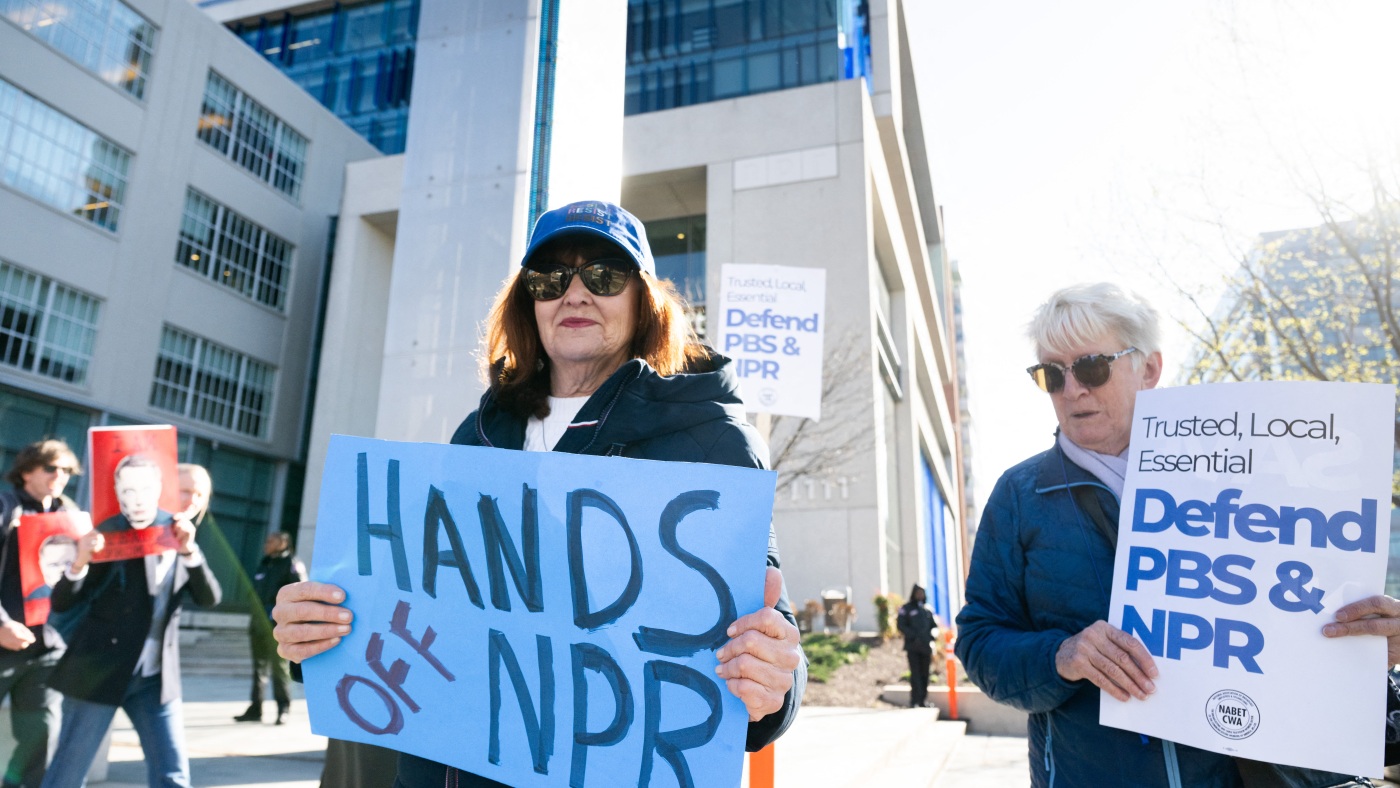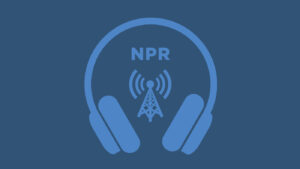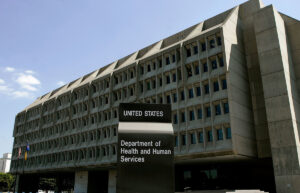The Debate Over Public Broadcasting and Foreign Aid Funding Intensifies
The Senate Appropriations Committee has become the battleground for a critical debate over the Trump administration’s proposal to cut $9 billion in federal funding, which had been previously approved for public broadcasting and international aid. The administration argues that the cuts target programs “antithetical to American interests” and claim that public media funding is “an unnecessary expense to the taxpayer.”
Among the most vocal opponents of the proposed cuts is Maine Republican Sen. Susan Collins. During a recent hearing, she emphasized that 70% of the federal funds in question support local programming and emergency communications. While acknowledging concerns about NPR’s perceived partisan bias, Collins argued for more targeted solutions than eliminating all funding for the Corporation for Public Broadcasting (CPB).
Office of Management and Budget Director Russell Vought assured that emergency broadcasting services would remain intact under the proposal, suggesting that local stations would have “ample time to adjust” to any funding changes. He advised that they should be “more judicious” in managing content expenses.
Alaska Republican Sen. Lisa Murkowski also expressed opposition, highlighting the potential impact on rural stations that receive significant federal support. Murkowski detailed the essential services offered by these stations, warning, “they will go under if public broadcasting funds are no longer available to them.”
The cuts primarily target foreign aid programs addressing global health and disaster assistance, with nearly $1.1 billion proposed to be slashed from CPB funding. This nonprofit channels most of its funds to local public television and radio, with PBS and NPR relying on it for a portion of their budgets.
Washington Democrat Sen. Patty Murray questioned the legality of the funding cuts, citing the 1974 Impoundment Control Act. She warned that the cuts would “rip away funding” from over 1500 local stations, endangering rural communities and children’s educational programming.
NPR and PBS have both emphasized the irreplaceable role of CPB funding. NPR stated, “There is no substitute for the direct support and nationwide infrastructure and services funded by the Corporation for Public Broadcasting.” PBS President Paula Kerger highlighted their reliance on bipartisan Congressional support, which has enabled them to provide unique, non-commercial services.
The rescissions plan narrowly passed the House, with a close 214 to 212 vote, after a heated debate where some Republicans accused public media of bias against conservative views. With Democrats unified in opposition to the bill, the White House faces a challenge in securing enough Republican votes.
Kentucky Republican Sen. Mitch McConnell raised concerns about cutting foreign aid, which has historically built strategic relationships at minimal cost. He criticized the administration’s approach, suggesting it creates “vacuums for adversaries like China to fill.”
This tension underscores the complexity of balancing fiscal responsibility with maintaining vital public services and international cooperation.





